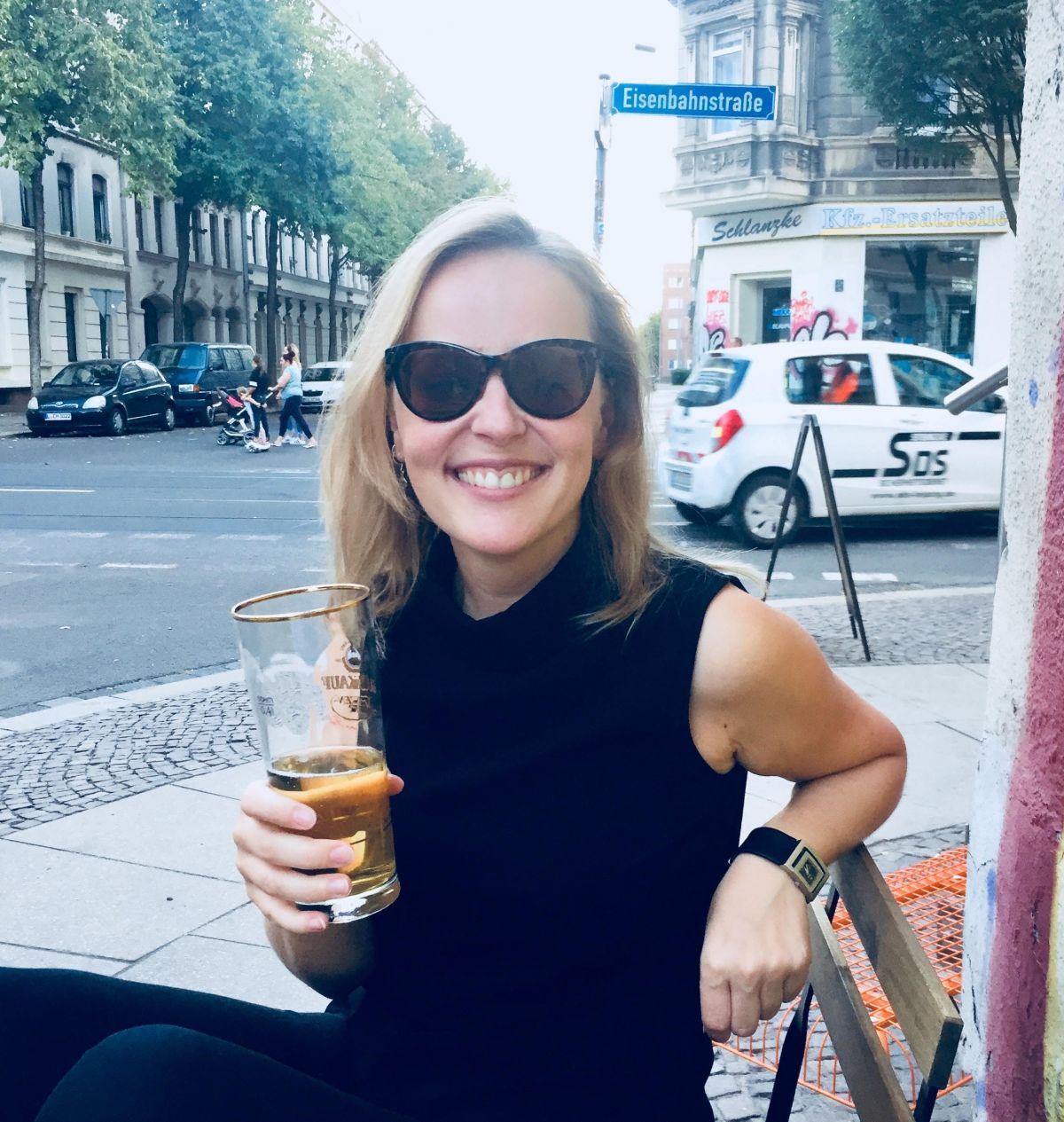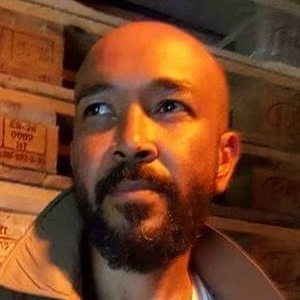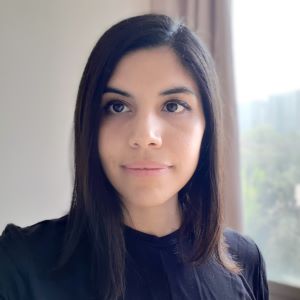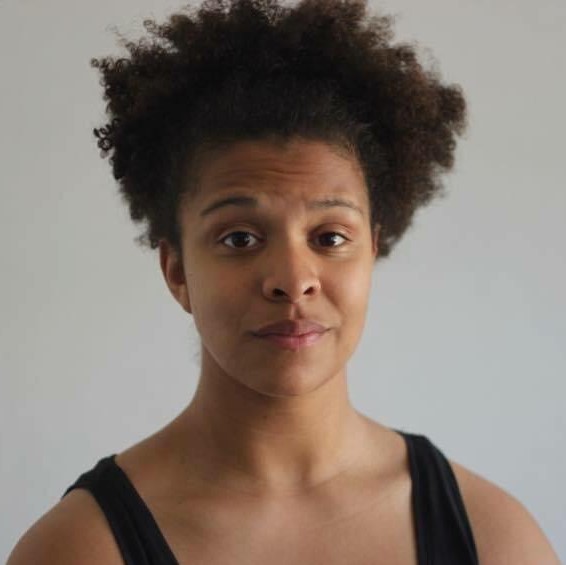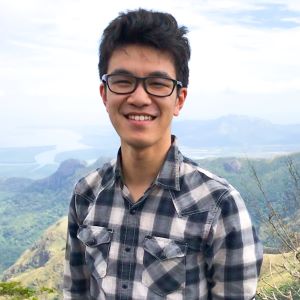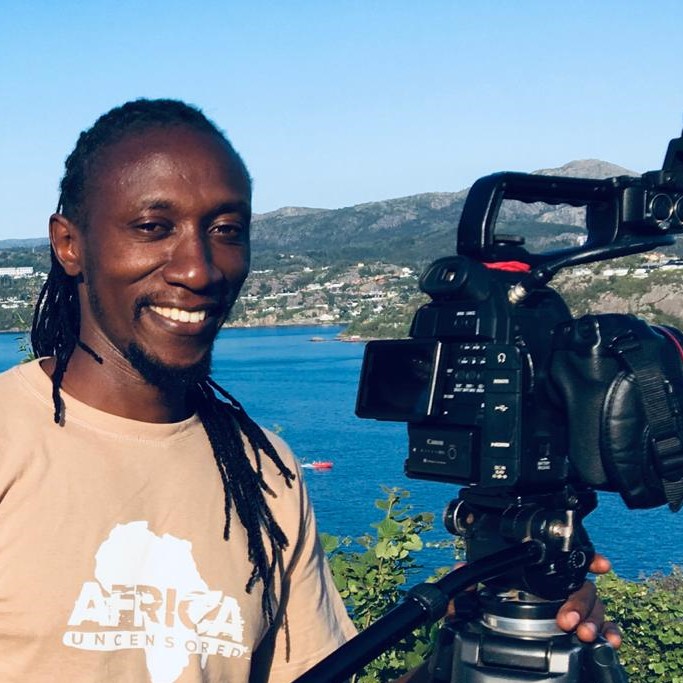Um Conto de Dois Países: Parte I
As diferenças existentes entre a Alemanha Oriental e Ocidental não são apenas uma consequência da separação após a Segunda Guerra Mundial, mas também dos eventos que se seguiram à Unificação. Embora a ideia de unificação seja um objetivo admirável, a aceitação das diferenças pode eventualmente levar a uma maior apreciação.
Germany, Western Europe
Story by Janina Cymborski. Translated by Joana Fedato
Published on December 19, 2020.
This story is also available in 






Existem dois tipos de alemães: os Ossis (orientais) e os Wessis (ocidentais). A Unificação Alemã em 1990 pôs fim a duas Alemanhas separadas, mas 40 anos de separação deixaram uma marca, especialmente no Oriente.Os Ossis, do qual faço parte, eram habitantes da República Democrática Alemã (RDA), e hoje constituem cerca de 15% da população alemã no total. No entanto, hoje em dia os Ossis não fazem parte nem sequer 2% da elite alemã[1]. Seu patrimônio individual é menos da metade do dos Wessis e sua taxa de desemprego é mais alta. As diferenças retrocedem ao fim da Segunda Guerra Mundial, quando a Alemanha Ocidental foi incluída à uma aliança política e econômica democrática ocidental, e a RDA foi deixada à um regime comunista autocrático atrás da cortina de ferro. Quando "o muro caiu” (como dizemos na Alemanha, de alguma forma desapareceu), em muitas partes da Alemanha Oriental parecia que a guerra tinha acabado de terminar.
Eu nasci alguns anos antes da unificação. Quando criança, não me importava muito com ideologias ou nacionalidades. Portanto, em 1990, aos 7 anos de idade, quando me tornei cidadão da República Federal Unificada da Alemanha (FDR), também não me importei. O mundo ao meu redor mudou profundamente. A pequena cidade de Gräfenhainichen, onde cresci, parecia abandonada em meados dos anos 90. Lojas e fábricas fecharam. Os jovens deixavam suas cidades em centenas a cada ano. O dinheiro se tornou um problema. O desemprego era um companheiro constante da minha família, e ao mesmo tempo, na RDA, o desemprego não existia e o dinheiro nunca era um problema [2]. Eu via a cidade morrer lentamente enquanto eu crescia. Mas, para mim, era exatamente assim que as coisas deveriam ser.
Sem saber, eu era uma testemunha da história. Inconscientemente, mergulhei em todas as mudanças. Nunca questionei as mudanças porque este mundo em extinção era o único que eu conhecia. Mais tarde percebi o que estava acontecendo ao meu redor: a incorporação política de um país no outro. Um salto gigantesco para o capitalismo. Sob a política da Treuhand[3], os negócios imobiliários foram negociados, as fábricas fechadas e a concorrência eliminada, o que representou uma venda radical dos patrimônios da RDA às custas do futuro do Ossis[4]. A gloriosa revolução de 1989, a primeira revolução bem-sucedida a ocorrer na Alemanha, ironicamente transformou Ossis em perdedores desempregados condenados a ficar de lado e ver a elite ocidental fazer sua história. Essa foi minha lição sobre o funcionamento do capitalismo.
Para mim ficou claro que, neste mundo, a vida não era mais do que uma luta constante para ganhar dinheiro e acompanhar o ritmo da vida. Era como correr uma maratona com uma perna e sem chance de realmente ganhá-la. Meus pais passaram seus melhores anos atrás da cortina de ferro e tiveram que funcionar imediatamente em um novo sistema com currículos que não valiam um centavo, um dialeto que era ridicularizado e valores inúteis como confiar nos outros para não enganá-los. Como muitas mulheres da RDA, minha mãe passou de um emprego seguro para nenhum emprego. Meu pai às vezes tinha que ter dois empregos, um durante a semana e o outro nos fins de semana. Quando ele finalmente foi trabalhar na construção civil na Alemanha Ocidental, já que não havia empregos no Leste, eu chorava toda vez que ele saía. E a pior parte era saber que ele também chorava. Foi assim como era crescer nos anos 90 na Alemanha Oriental.
Leia a Parte II da história de Janina aqui.
Notas
[1] Um estudo descobriu que após meio século, as posições da elite na área da justiça, da economia, da política e da administração, dos militares e da mídia são desproporcionalmente detidas por alemães ocidentais, mesmo na parte oriental da Alemanha. Para mais informações, veja: Bluhm, Michael/Jacobs, Olaf (2016): Wer beherrscht den Osten? Ostdeutsche Eliten ein Vierteljahrhundert nach der deutschen Wiedervereinigung, Leipzig: Universität Leipzig, Institut für Kommunikations- und Medienwissenschaft.
[2] O governo socialista proporcionou um alto nível de seguridade social, como dia-a-dia acessível, assistência médica e infantil gratuita, educação gratuita, e emprego na Alemanha Oriental.
[3] A Treuhand foi uma política inicialmente concebida pela RDA para garantir a riqueza nacional, pois logo ficou claro que a RDA seria incorporada à República Federal. Após a Unificação (3 de outubro de 1990) a Treuhand foi liderada principalmente por alemães ocidentais, que impulsionaram a privatização. Isto levou a uma desindustrialização geral da antiga RDA dentro de poucos anos, que não se concentrou na reconstrução, modernização e sustentação, mas sim na liquidação. Isto levou a um desemprego em massa. 80% dos alemães do Leste perderam temporariamente ou permanentemente seus empregos. Eclodiram protestos em massa por toda a antiga RDA como greves de fome, manifestações e o assassinato do chefe da Treuhand, Detlef Karsten Rohwedder em 1991. Para mais informações, veja Roesler, Jorg (1994). Privatização na Alemanha Oriental - Experiência com a Treuhand. Estudos Europa-Ásia 46(3): 505-517.
[4] Em 1990, uma empresa na Alemanha Oriental desenvolveu o primeiro refrigerador do mundo sem CFC. Devido à chantagem do Ocidente, a fábrica foi forçada a fechar pela Treuhand. Eventualmente, esse produto foi então produzido na Alemanha Ocidental. O mecanismo de costume para eliminar a concorrência seria declarar uma antiga empresa da RDA que não funcionava, classificá-la abaixo, comprá-la barata e vendê-la.
How does this story make you feel?
Follow-up
Do you have any questions after reading this story? Do you want to follow-up on what you've just read? Get in touch with our team to learn more! Send an email to [email protected].
Talk about this Story
Please enable cookies to view the comments powered by Disqus.
Subscribe to our Monthly Newsletter
Stay up to date with new stories on Correspondents of the World by subscribing to our monthly newsletter:
Other Stories in Português do Brasil
Explore other Topics
Get involved
At Correspondents of the World, we want to contribute to a better understanding of one another in a world that seems to get smaller by the day - but somehow neglects to bring people closer together as well. We think that one of the most frequent reasons for misunderstanding and unnecessarily heated debates is that we don't really understand how each of us is affected differently by global issues.
Our aim is to change that with every personal story we share.
Community Worldwide
Correspondents of the World is not just this website, but also a great community of people from all over the world. While face-to-face meetings are difficult at the moment, our Facebook Community Group is THE place to be to meet other people invested in Correspondents of the World. We are currently running a series of online-tea talks to get to know each other better.











